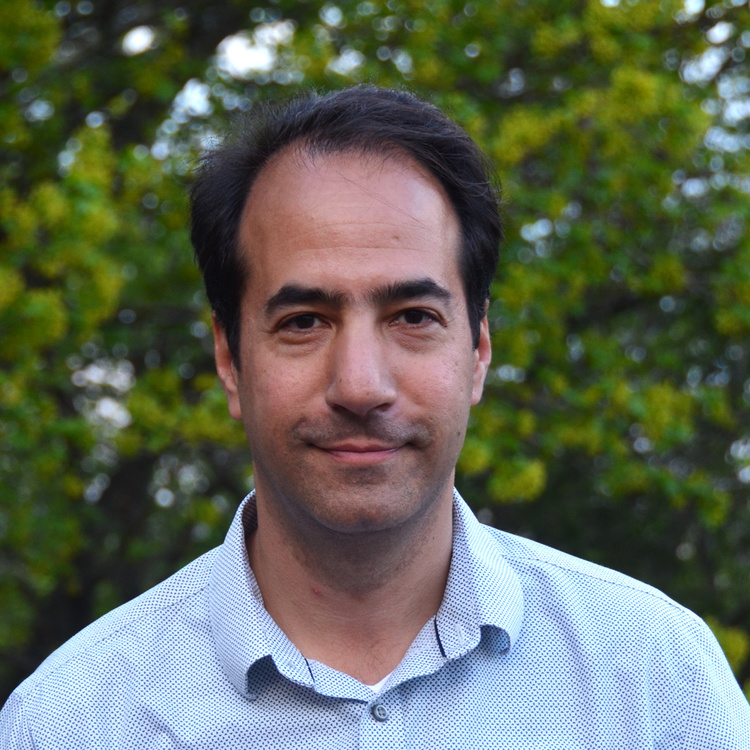
SCSB Lunch Series: Understanding functional connectivity in the mammalian brain
Description
Date: Friday, November 19, 2021
Time: 12:00pm – 1:00pm
Location: Zoom meeting – Registration Required
Register in advance for this webinar: click here
* After registering, you will receive a confirmation email containing information on how to join the webinar.
Speaker: Alan Jasanoff, Ph.D.
Affiliation: Professor, Biological Engineering, Brain and Cognitive Sciences, Nuclear Science and Engineering; Associate Investigator, McGovern Institute; Director, Center for Neurobiological Engineering
Talk title: Understanding functional connectivity in the mammalian brain
Abstract: The correlational structure of brain activity dynamics, known as functional connectivity, is often taken to reveal intrinsic properties of neural processing. Functional connectivity measures observed during spontaneous activity are candidate biomarkers for neurodevelopmental disorders including autism, but the physiological bases of these measures are poorly understood. In the first part of my talk, I will discuss evidence that resting state functional connectivity of the mammalian brain derives in part from interactions with extrinsic sense organs. Central or peripheral inactivation of vibrissa-mediated input in awake rats strongly diminishes somatosensory functional connectivity, even when no overt stimuli are present. The same neural activity correlations are sharply reduced in a rat model of fragile X syndrome, an autism spectrum disorder. Fragile X rats are also insensitive to vibrissa inactivation, suggesting that part of the neuroimaging phenotype in this autism model arises from abnormalities in the peripheral sensory channel. In the second part of my talk, I will discuss an experimental tool our laboratory has developed to place functional connectivity findings on a physiological basis. In combination with tract-tracing viruses, a genetically encoded activity probe called NOSTIC provides a means for defining input-output relationships across the brain. We demonstrate this capability for mapping circuit function in rats and plan to use it for analysis of social stimulus processing in nonhuman primates.

